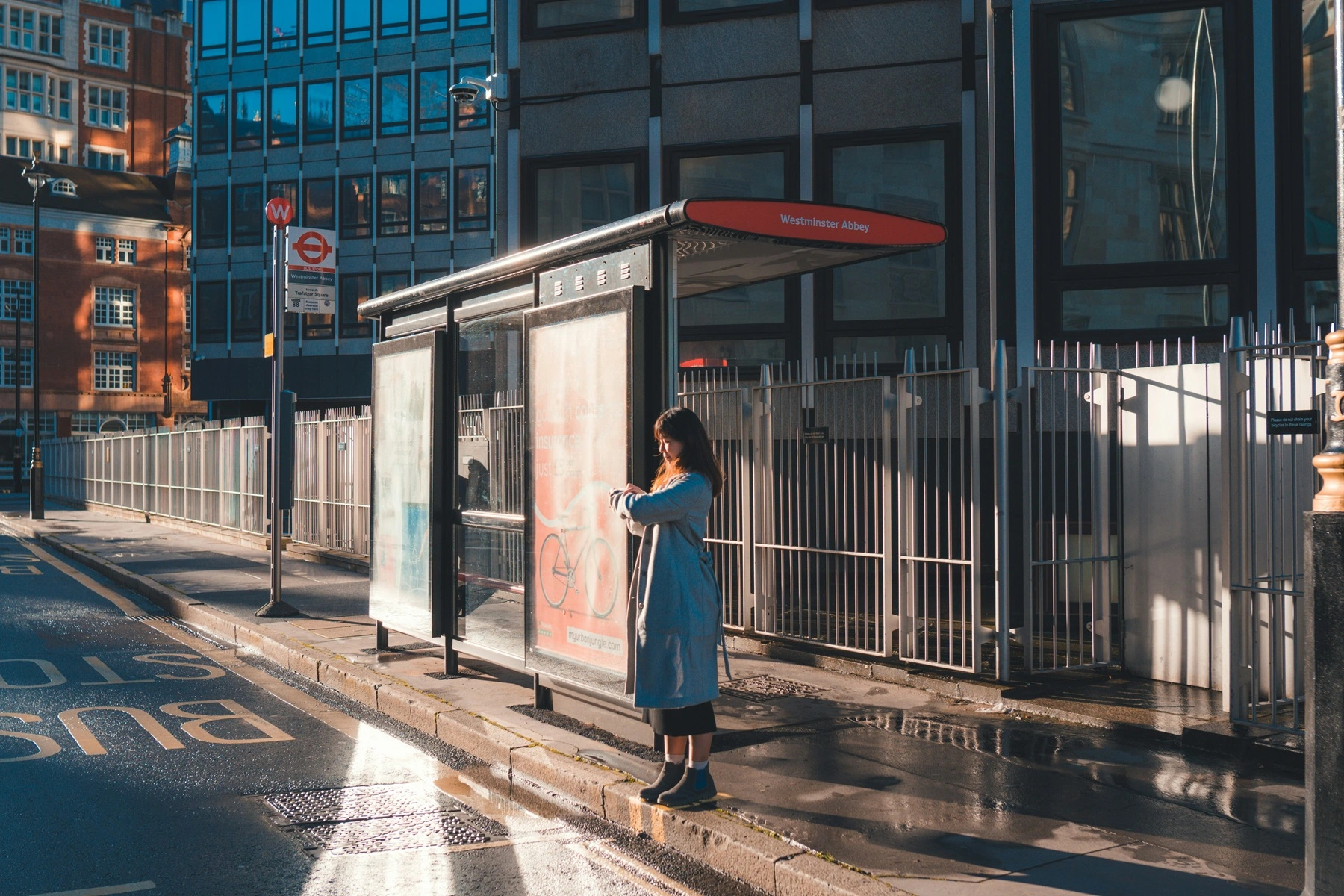Every year Missing People support around 8,000 missing children, missing adults and their families across the UK. About 20,000 people who are missing or thinking of going missing access the information and guidance they produce. Belen Pavani-Sattin is a Family Support Specialist and Kirsty Hillman runs their Lost Contact Service. Belen and Kirsty spoke to the Poppy’s Team about their work, the unique challenges of grieving for a missing person and the importance of a physical body to funeral rituals.
Tell us a bit about your roles at Missing People
Belen:
My role is to support families whose loved one has been reported missing. Every 90 seconds, someone in the UK is reported missing to the police. 76% of the adults are found within 24 hours, but a large number remain missing.
When someone has been missing over four weeks, the chances that they will be found dead are higher. Then my role is to start to prepare families for the possibility of this happening: such as dealing with coroners, advocating with the police to get access to that person’s personal belongings and thinking about funeral arrangements.
Kirsty:
My role at Missing People is Lost Contact, so I'm looking for people that have lost contact through drifting apart, estrangement, perhaps an argument or a catalyst to a breakdown of a relationship. My role is about trying to bring people back together - if it's right for both parties.
What is it like sharing the news that the person that is being looked for has died?
Kirsty:
It can be really complex. They may have died a year ago, they may have died ten years ago. I had one case where they died 10 days after going missing to their family.
A lot of times, people have thought about trying to find someone over a long period of time and haven't done it - then there's a moment that makes them find Missing People. There’s often lots of regret and ‘what ifs?’
There's not always answers to what was happening in that person's life, or how they died. We encourage families to get a death certificate, because that will give them the first answers they’re looking for, and then I'll be in touch with the family as they go through that journey; trying to piece together what happened to their family member and how they can come to terms with that final goodbye, and honour them.
How does someone being missing or estranged affect the ability of those looking for them to grieve?
Kirsty:
We call the loss when someone is missing ambiguous loss. It was Dr Pauline Boss who termed this, and it's a unique kind of loss. It's a taboo in a way; people stop talking about the person because it's awkward. It's like they never existed - and yet they are out there somewhere. It’s very complicated for those that are left behind. To be able to begin to grieve is a privilege for those families. This probably sounds very strange, but I think the ‘not knowing’ can be harder to live with as humans than the grief itself, in some ways.
Belen:
If we know someone has died, but people don’t have access to the person’s body, they're being denied the ritual of saying goodbye. We are used to having a body and then deciding what we want to do for that loved one, but when you don't have that, it can be a very strange grief.
Can families hold a funeral for a missing person once they know they have died?
Kirsty:
Often, missing people will have a council-led funeral. Some local authorities will bury the person, while others will have them cremated and arrange to have their ashes scattered in an unmarked area such as a garden of remembrance. That's obviously very upsetting for the estranged family; but I understand that many hospitals don't have the resources to start searching for family members. If that has happened, the family or friends don't have a place to go to remember that person, and they don't know what happened to their belongings or whether their person died alone.
Belen:
I tend to advise families to look for a family funeral directors instead of a massive company and to ask friends and neighbours that have had a loss - who was the best funeral director?
We also have to take on board the cultures of the families we are working with. In our experience, British people don't tend to view bodies after death, but other cultures, for example Spanish people like myself, have been raised to view the body. If the family are denied to view their person’s body, they may feel they can’t say goodbye properly.
As time passes, I need to take on board the condition of the missing person’s body if it is found. If the person has been missing for a long time, the body may be in a very bad condition.
At Poppy’s we believe that if families or friends want to see their person, they should be supported to do so.
Poppy Mardall, Poppy’s founder, contributed her reflections: “over the last 15 years, we have been challenging that idea that anybody is ‘unseeable’. There are really creative, thoughtful ways of allowing family and friends to be in the company of the body – even if it’s just their face or perhaps their hand. I've always felt like seeing is believing, particularly if you've spent a long time not knowing.”
Missing People operates a free helpline on 116 000. For more information visit the Missing People website.
Find out more about visiting someone in Poppy’s mortuary or read Poppy Mardall’s blog on why the first dead person you see shouldn’t be someone you love.
We’re here for you when you need us. Contact us to start arranging a funeral.
